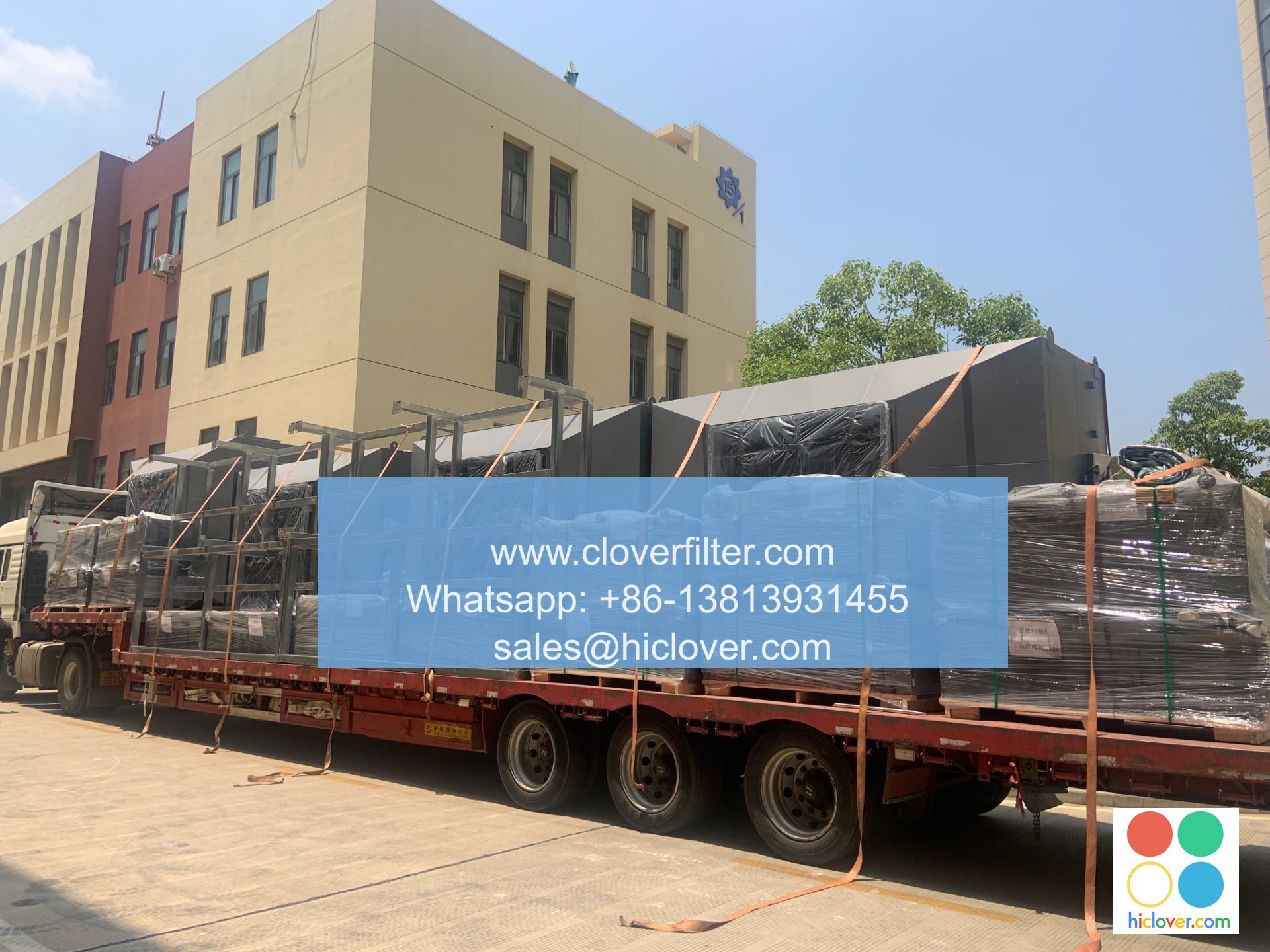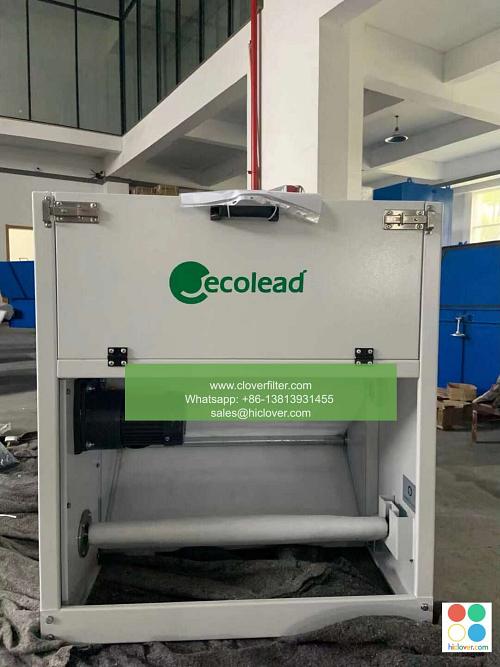The Importance of Air Filtration in Petroleum Processing: A Calgary Perspective

The petroleum processing industry is a critical component of Calgary’s economy, with numerous refineries and processing facilities located in and around the city. One of the key factors that can impact the efficiency and safety of these facilities is air filtration. In this article, we will explore the importance of air filtration in petroleum processing from a Calgary perspective.
Air filtration is crucial in petroleum processing for several reasons. Firstly, it helps to remove contaminants and pollutants from the air, which can damage equipment and pose health risks to workers. Petroleum processing facilities often handle hazardous materials, such as crude oil, natural gas, and chemicals, which can release harmful fumes and particles into the air. Effective air filtration systems can capture these contaminants, preventing them from entering the atmosphere and minimizing the risk of accidents and environmental damage.
Secondly, air filtration plays a critical role in maintaining the quality of petroleum products. In Calgary’s refineries, air filtration systems are used to remove impurities and contaminants from the air that can affect the quality of the final product. For example, moisture and particulate matter in the air can contaminate fuel and lubricant products, leading to reduced quality and performance. By removing these contaminants, air filtration systems help to ensure that the final product meets the required standards and specifications.
Thirdly, air filtration is essential for ensuring the safety and health of workers in petroleum processing facilities. Inhaling hazardous fumes and particles can cause serious health problems, including respiratory diseases and cancer. Air filtration systems can help to remove these hazards from the air, creating a safer working environment for employees. In Calgary, where the petroleum industry is a significant employer, the importance of air filtration in protecting worker health cannot be overstated.
Finally, air filtration can also help to reduce the environmental impact of petroleum processing facilities. By capturing pollutants and contaminants, air filtration systems can minimize the amount of harmful emissions released into the atmosphere. This is particularly important in Calgary, where the city’s proximity to the Rocky Mountains and the Bow River makes it sensitive to air quality issues. By investing in effective air filtration systems, petroleum processing facilities in Calgary can help to reduce their environmental footprint and contribute to a cleaner, healthier community.
In conclusion, air filtration is a critical component of petroleum processing in Calgary. By removing contaminants and pollutants from the air, maintaining product quality, ensuring worker safety, and reducing environmental impact, air filtration systems play a vital role in the safe and efficient operation of refineries and processing facilities. As the petroleum industry continues to evolve and grow in Calgary, the importance of air filtration will only continue to increase.
FAQs:
- What types of air filtration systems are used in petroleum processing facilities? There are several types of air filtration systems used in petroleum processing facilities, including HEPA filters, activated carbon filters, and gas-phase filtration systems.
- How often should air filtration systems be maintained and replaced? Air filtration systems should be regularly maintained and replaced according to the manufacturer’s instructions, typically every 1-3 years depending on usage and operating conditions.
- Can air filtration systems be customized to meet specific industry requirements? Yes, air filtration systems can be customized to meet specific industry requirements, including those related to petroleum processing. Manufacturers can design and install systems that meet the unique needs of each facility.
- What are the benefits of using air filtration systems in petroleum processing facilities? The benefits of using air filtration systems in petroleum processing facilities include improved product quality, reduced environmental impact, and enhanced worker safety and health.
- Are there any regulatory requirements for air filtration in petroleum processing facilities? Yes, there are regulatory requirements for air filtration in petroleum processing facilities, including those related to emissions and worker safety. Facilities must comply with relevant laws and regulations, such as those set by the Alberta Energy Regulator and Occupational Health and Safety.

